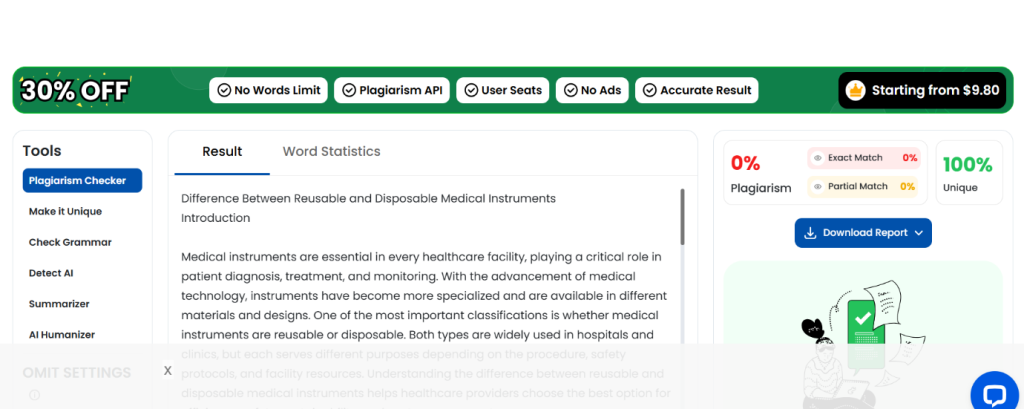
Global Medical Equipment Market Trends: GCC and African Regions (2025 Insights)
The medical equipment industry is undergoing rapid evolution worldwide, and two regions experiencing significant growth are the GCC (Gulf Cooperation Council) and Africa. Driven by rising investment in healthcare infrastructure, expanding populations, and the adoption of advanced medical technologies, both markets are transforming quickly. From digital health platforms to modern diagnostic solutions, governments and private investors are working together to make quality healthcare more accessible.
This article explores emerging market trends, growth factors, challenges, and the future outlook for medical equipment in the GCC and African regions.
The GCC — including Saudi Arabia, UAE, Qatar, Kuwait, Bahrain, and Oman — has made massive progress in developing world-class hospitals and smart healthcare systems. Meanwhile, Africa is moving toward modernization to meet rising medical needs due to population growth and higher rates of non-communicable diseases.
These factors make the GCC and Africa among the world’s fastest-growing medical equipment markets today.
The GCC is known for advanced public healthcare programs and high adoption of innovative medical technology. Key developments include:
Hospitals are implementing AI-powered diagnostic devices, robotic surgical systems, and IoT-connected patient monitoring devices for safety and efficiency.
With the rise of obesity, diabetes, and cardiovascular disorders, demand for:
is steadily increasing.
The GCC is encouraging local production of medical equipment to:
Saudi Arabia’s Vision 2030 & UAE’s medical technology innovation programs strongly support this direction.
Dubai and Riyadh attract thousands of international patients every year, boosting demand for:
The African healthcare market is rapidly expanding due to public health reforms and international partnerships.
New hospitals and diagnostic centers are being built, especially in:
This increases imports of essential medical equipment like:
Portable and battery-powered devices are preferred due to:
Examples include:
International funding supports infectious disease control, including:
This results in higher demand for diagnostic and monitoring equipment.
Region | Expected Annual Growth Rate | Key Growth Segments |
GCC | 7–9% | AI-driven diagnostic devices, robotic surgery, imaging systems |
Africa | 6–8% | Essential medical equipment, portable devices, lab automation |
These numbers reflect tremendous long-term investment potential.
Despite fast growth, several challenges exist:
Challenge | GCC | Africa |
High import dependency | ✅ | ✅ |
Shortage of skilled medical professionals | ✅ | ✅ |
Regulatory delays | Limited but improving | Often significant |
Healthcare accessibility in remote areas | Mostly good | Still lacking |
Cost barriers | For high-tech devices | Very high for most devices |
To overcome these, both regions are focusing on training local talent and encouraging technology partnerships.
The GCC and Africa offer strong commercial potential with increasing demand for:
Diagnostic imaging equipment
Manufacturers who offer affordable, compliant, and easily maintainable solutions will achieve long-term growth.
The pandemic accelerated the adoption of telemedicine and wearable health devices across both regions. Now, governments are investing in:
These technologies will shape the next decade of healthcare innovation.
The GCC and African regions are emerging as powerful markets for medical equipment. With supportive government policies, greater healthcare investment, and a growing focus on digital technologies, the demand for advanced equipment will continue to rise.
Key takeaways:
Manufacturers who understand local needs, regulatory environments, and price sensitivities will have a strong competitive edge in the years ahead.